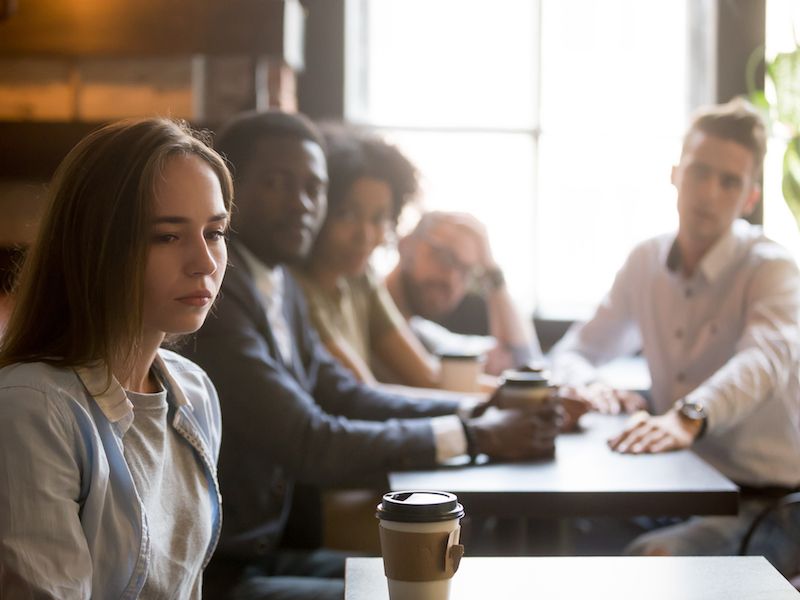
Loss of hearing isn’t simply an issue for the elderly, despite the common idea. While age is a reliable predictor of hearing loss, as a whole hearing loss has been rising. Amongst adults aged 20 to 69 hearing loss hovers in the 14-16% range. The World Health Organization and the United Nations recommend that more than 1 billion people globally age 12-35 are in danger of developing loss of hearing. The CDC states that nearly 15% of children between the ages of 6 and 19 currently have loss of hearing and the latest research puts that number closer to 17%. Other reports state that hearing loss is up 30% in teenagers from just a decade ago. Johns Hopkins performed a study predicting that by 2060 over 73 million people 65 or older will have loss of hearing. That’s an astounding increase over current numbers.
We Are Developing Hearing Loss at a Younger Age, Why?
In the past, unless you spent your days in a loud and noisy environment, damage to your hearing would happen rather slowly, so we think about it as an inevitable outcome of getting older. That’s the reason why you aren’t surprised when your grandmother uses a hearing aid. But changes in our lifestyle are impacting our hearing younger and younger.
Technology, and smartphones, in particular, can have a significant impact on our hearing. Whether it’s chatting with friends, listening to music, or watching movies, we are doing all the things we love to do and wearing earbuds for all of it. The problem is that we have no idea what level of volume (and what duration of that volume) is damaging to our hearing. Instead of doing our best to safeguard our ears, we even regularly use earbuds to drown out loud sound, voluntarily exposing our ears to dangerous sound levels.
Gradually, an entire generation of young people are damaging their ears. In terms of loss of productivity, that’s a huge concern and one that will cost billions of dollars in treatment.
Do we Really Understand Hearing Loss?
Keeping away from very loud noises is something that even young children are usually sensible enough to do. But the nature of hearing damage isn’t popularly grasped. The majority of people won’t recognize that medium intensity noises can also damage your hearing if the exposure is long enough.
Needless to say, the majority of people around the world, especially young people, aren’t really thinking about the dangers of hearing loss because they think that it’s only an aging problem.
According to the WHO, people in this 12-35-year-old age group might be exposing their ears to irreversible damage.
Suggested Solutions
Due to the fact that so many people utilize smart devices frequently, it’s an especially widespread issue. That’s why many hearing specialists have suggested solutions that focus on providing mobile device users with additional information:
- High-volume warnings.
- Warnings when you listen too long at a specific decibel level (it’s not only the volume of a sound that can result in damage it’s how long the sound lasts).
- Modifications of volume for hearing health can be made by parents by employing built in parental control settings.
And that’s just the start. There are plenty of technological methods to get us to begin to pay more attention to the health of our hearing.
Turn The Volume Down
If you decrease the volume of your mobile device it will be the most important way to minimize injury to your ears. That’s true whether you’re 15, 35, or 70.
Let’s be honest, smartphones aren’t going anywhere. Everyone uses them all the time, not only kids. So we have to realize that hearing loss has as much to do with technology as it does with aging.
That means the way we prevent, treat, and talk about hearing loss has to change.
You should also try downloading an app that measures decibel levels in your environment. 2 steps to protect your hearing. Ear protection is one way but also making sure you’re not doing things such as trying to drown out noises with even louder noises. For example, if you drive with your windows down, don’t crank up the music to hear it better, the noise from the wind and traffic may already be at harmful levels. Schedule an appointment with a hearing care specialist if you have any questions.
